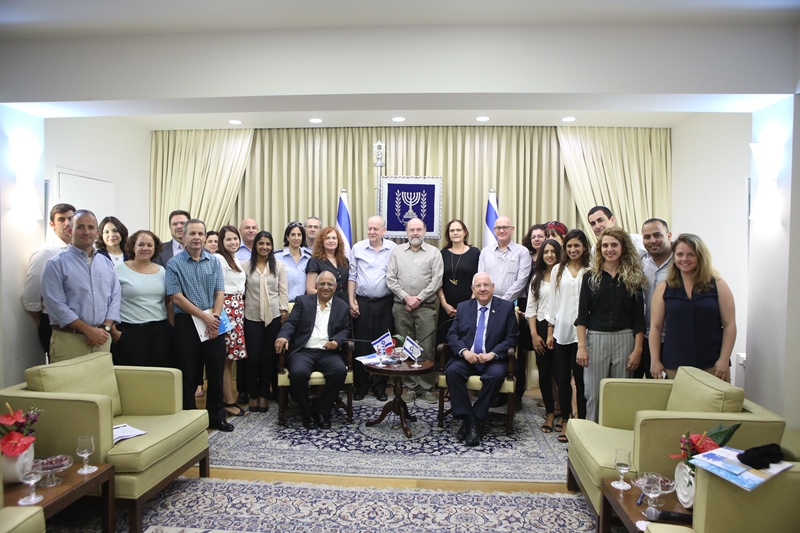Two senior researchers from BGU, Prof. Avia Spivak from the Department of Economics and Prof. David Leiser from the Department of Psychology, recently joined forces to examine the effectiveness of the A Second Chance (Sikuim) program, a rehabilitation program run by the Yedidim social services organization and publicly funded by the Ministries of Absorption and Social Affairs and private donors. The program works to reduce recidivism in 34 communities across the country, with 51% of its budget is based on donations. Between 2004 and mid-2016, a total of 5,155 teens participated in A Second Chance.
The new study, presented to President Reuven Rivlin, emphasized the economic aspect of the program. The study concluded that the successful conclusion of A Second Chance reduces the participant’s likelihood of reoffending by 17 percent. It also concluded, based on the assumption that each criminal will commit an average of four crimes over the course of his life, that each youthful offender costs the state about 600,000 shekels, including the direct damage of the crimes, the costs of imprisonment and the loss of income from work.
Thus the program’s success in reducing recidivism saves the state around 100,000 shekels per participant, while costing only about 10,000 shekels per person, the study’s authors said.
The investigation rate for juvenile immigrants is double their proportion in Israel’s juvenile population, according to statistics compiled by the police and the Immigrant Absorption Ministry. In each of the past three years, some 2,300 police investigations were opened against immigrant minors. That was about 10 percent of all criminal investigations of minors, even though immigrants account for only five percent of Israeli juveniles.
Spivak and Leiser focused on juvenile immigrants who either immigrated to Israel themselves or were born in Israel to parents who immigrated within the past two decades for their research. Most came either from Ethiopia or the former Soviet Union.
Immigrant youths are especially vulnerable and have a greater chance of being at risk, due to the clash between their culture of origin and the customs, norms, expectations and demands of Israeli society. This culture clash can sometimes produce a major crisis which can put the juvenile at risk or even result in criminal behavior.


Above: President of the State of Israel Reuven Rivlin receives the report from Shimon Siani, Executive Director of Yedidim and researchers Prof. Avia Spivak and Prof. David Leiser.
Photo Credit: PR, President of the State of Israel's Office
